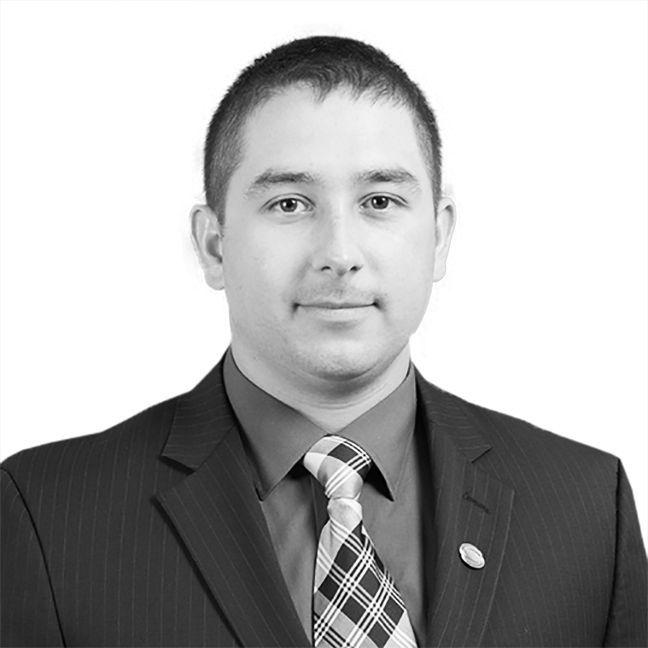Today, we’re recognizing our colleagues, vendors, clients and community who have served their country. Whether you’re from the US, UK, Canada, Korea or Australia, observe Veterans Day or Remembrance Day, November 11 serves as a reminder to honor those who came before us and those who have or continue to serve.
Kris Lawrence is a Fire Protection Consultant based out of Lexington, Kentucky. He has over a decade of experience in fire protection and fire alarm design. Before joining Jensen Hughes, Kris was a Petty Offer 2nd Class in the United States Navy, serving in Pearl Harbor from 2011-2014. We sat down with Kris to hear his story.
Why did you decide to join the military?
I suffered the tragic loss of my twin sister at the age of 16 and to better myself I had to get out of the hometown routine. So, at the age of 20, with the support from my father I decided that college was not the route for me and I decided to enlist as a United States Navy Submariner.
What was it like to transition from being an active duty to the private sector?
Transition is a dreadful word for all military members… The structure of military life to some is a security blanket and lifestyle that you get very entrenched into. The concept of having to always perform at 110% and having so many lives trusting you to perform gives you gratitude and purpose. During my time in service, my biggest supporter (my father) had lost a battle with brain cancer, and I wanted to somehow follow in his footsteps.
A brief back story, my father was a mechanical engineer that had been very successful. So, I transitioned out of the military with a lot of confidence and a drive to succeed. Most transitioning military members fail to develop a set of goals and path forward because, like previously mentioned, everything is structured… For example, you are told when you can eat, you are told when you can sleep, etc.
What surprised you about the transition?
The transition was unbelievably easy, the veteran programs like the Post 9/11 GI Bill made it very simple to receive all the support I needed to achieve my degree. While attending college there is still some sort of structure and it was sort of a step-down from the military structure, but it was still existent. I was able to relate and keep on my path moving forward without having complacency of the missing aspects of the military. I do think it is important that you start to develop your own routine and stick to it.
How can JH be more inclusive of veterans, in your opinion?
Veteran inclusivity is very complex just because of the previous lifestyle of a military member. Some veterans will never receive the same self-gratitude they did while serving because they will never have the opportunity to perform at the same level. So, understanding this, to be inclusive of a veteran you must understand their feelings and aspirations. In my opinion teaching people leaders how to relate and understand veterans is the direct path to inclusivity.
Is there anything else you would like to add?
When properly engaged, veterans hold some of the best teamwork abilities, however without properly relating to the veteran, the previous skills learned while serving goes to waste.
